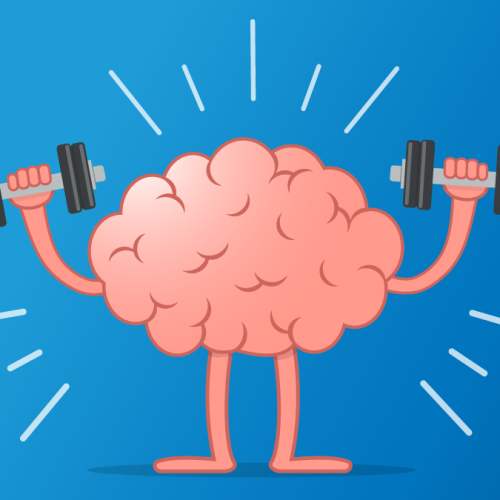
posted 14th October 2025
World Mental Health Day: Mental Health Is a Universal Right 🌍
Date: October 10
Every year, World Mental Health Day reminds us that mental well-being is just as important as physical health. It’s a global opportunity to raise awareness, challenge stigma, and advocate for mental health care that is accessible to all.
Why It Matters
Mental health affects how we think, feel, and live. It influences our relationships, our work, and our quality of life. One in eight people worldwide lives with a mental disorder. Despite this, millions go without help—due to stigma, fear, or lack of access.
Ignoring mental health doesn’t make it go away. Talking about it, however, brings light to a topic that affects us all, directly or indirectly.
Theme for 2025: “Mental Health is a Universal Right”
This year’s theme calls for global recognition that everyone deserves mental health care, regardless of background or income. Mental health is not a luxury—it’s a human right.
Access to support should not depend on where you live or how much money you have. From schools and workplaces to hospitals and communities, mental health support needs to be part of everyday life.
Ending the Silence
Stigma remains a major barrier. Too often, people hide their struggles, fearing they’ll be judged or dismissed. But open conversations save lives. When we speak up, we give others the courage to do the same.
How You Can Help:
Talk openly about mental health.
Listen without judgment.
Encourage loved ones to seek help.
Educate yourself and others on common conditions.
Take Care of Yourself, Too
Caring for your mental health doesn’t require a crisis. Daily habits make a difference:
Get enough sleep
Move your body regularly
Take breaks from screens
Talk to someone you trust
Seek help when needed
Let’s Make It Count
World Mental Health Day isn’t just a date on the calendar—it’s a call to action. Let’s make mental health a priority in our conversations, our communities, and our policies.
If you or someone you know is struggling, don’t wait. Reach out to a mental health professional or helpline in your area. You are not alone.





